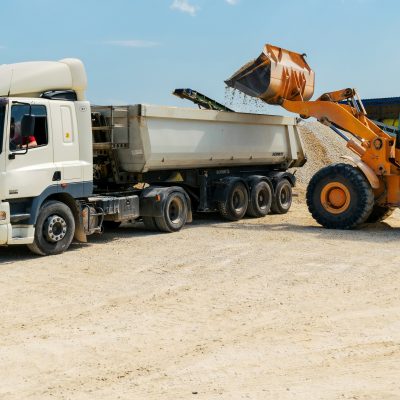Truck finance and HGV finance
Spread the cost of buying trucks, lorries and HGVs
Truck Finance And HGV Finance
Spread the cost of buying trucks, lorries and HGVs
Funding Amount
£25k-£5m
Loan Term
3-8 Years
Time to Funds
As Little as 7 Days
Interest Rate
From 3%

Asset finance to help you grow your business
Asset finance provides a means for a business to buy the assets it needs to function and grow, without having to pay cash up front. It’s a great way to get hold of the vehicles you need to grow.

Asset finance to help you grow your business
Asset finance provides a means for a business to buy the assets it needs to function and grow, without having to pay cash up front. It’s a great way to get hold of the vehicles you need to grow.
Vehicles for haulage, logistics and construction
If your business depends on regularly transporting goods and materials, then you need the right vehicle for the job. It can be tempting to attempt to save money. You might want to choose a smaller van or buy something that’s a few years old. The latter, in particular, might seem like a tempting option, as the vehicle will already have done the bulk of its depreciation.
However, both options can be a false economy. Without the right tools to get the job done, all you are doing is constraining the rate at which your business can grow. Dealing with breakdowns, repairs and emergency use of outside delivery firms adds time and cost. It also delays the speed and efficiency with which you can meet customer demands.
How does asset finance work?
Asset finance can work in a few different ways, depending on the specific product. Hire purchase works by allowing you to spread the cost of buying an asset over a set amount of time – normally 3-8 years. Once you’ve paid the lender in full, the asset becomes your property.
There are no two ways about it, having the right vehicle, or fleet of vehicles, is essential for business growth. But given that the cost can easily run to six figures, what asset finance options are available to procure the type of wheels that your company needs?
Recent asset finance terms
- 200,000
- Coach
- 1.86% fixed
- 60 month term
- 60,000
- DAF truck
- 1.88% fixed
- 36 month term
- £45,000
- Crane
- 2.5% fixed
- 36 month term
Hire purchase
Traditionally, hire purchase has been the finance option of choice, particularly for hauliers, logistics firms and other operators of multi-vehicle fleets. The key benefit here is that you can spread the overall cost over a fixed term and you don’t need to pay a hefty up-front deposit. The vehicle remains the property of the finance company until you complete the payments. In effect, you are hiring it until you have paid in full.
Leasing
Businesses are familiar with the concept of leasing cars and vans through vehicle leasing agents. The finance company buys the asset outright and leases it to the customer at a set monthly rate. Some lease deals include service and maintenance, meaning there are no unexpected extra costs. Leasing can be an elegant solution for businesses that want to retain a degree of flexibility. For example, a growing business that leases a small van can “trade up” to a larger one at the end of the lease period to support expansion.
There are various lease deals available, some of which include all maintenance, servicing and insurance. There’s really nothing more to worry about other than filling up with fuel and getting on the road. You can also choose the duration of the lease. If you want your company to always have a gleaming truck that’s less than two years old, this is an ideal choice.
The other factor to keep in mind with leasing is that the truck or van will be categorised as a monthly expense as opposed to an owned asset. This could be beneficial from a tax perspective, so make sure you discuss it with your accountant.
Finance leasing
A third option falls somewhere between hire purchase and conventional leasing. Here, the lease agreement is more long-term than the usual three or five year lease deals that you might expect. The lease is over all, or most of, the vehicle’s useful life, and over this time, the company will pay the full value of the asset. However, as it remains the property of the finance company, it does not appear on the balance sheet. This brings potential tax benefits, so the option of finance leasing is one that businesses should definitely discuss with their accountants or tax advisors.
Refinancing assets
If you decide to purchase your vehicle, or if you already own one, you have a valuable asset that can, in itself, unlock funds when you need them most. Sale and leaseback essentially takes the hire purchase principle and turns it on its head. The lender effectively purchases your truck with a one-off payment at an agreed price, and then hires it back to you so you can continue to use it. This is a form of finance that can be used on a range of high-value assets, not just vehicles. So if your business is asset-rich but cash-poor it is well worth looking into.
How much can I borrow?

Use our calculator to work out how much you may be able to borrow
Choosing the right type of asset finance
Asset finance encompasses a wider range of tools than most people realise. Choosing the right form of finance for your business depends on several factors, including how long you will need the asset, whether your needs are likely to change and the potential tax implications of owning or leasing the asset. Discuss all the options with both a professional finance provider and your own accountant to ensure you make the choice that will be right for you and your business.
Need advice on asset finance?
Talk to one of our Asset Finance Specialists. We’re on hand to take you through the options available.
